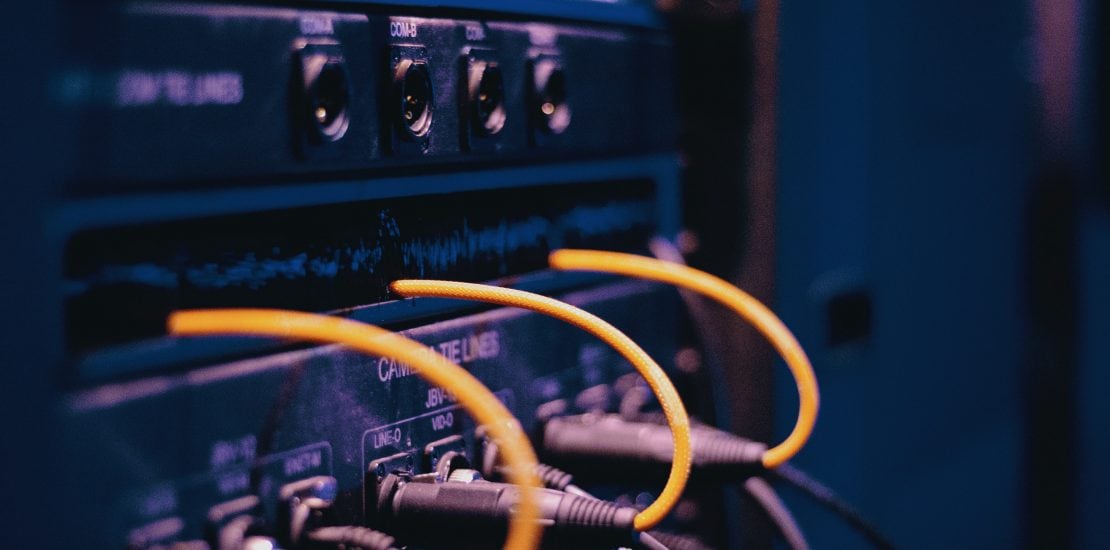The Evolution of the Internet.
- January 22, 2019
- Posted by: Ronald Mutabazi
- Category: Innovation

“The Internet (contraction of interconnected network) is the global system of interconnected computer networks that use the Internet protocol suite (TCP/IP) to link devices worldwide.” – Wikipedia. It further defines it as a network of networks that consists of private, public, academic, business, and government networks of local to global scope, linked by a broad array of electronic, wireless, and optical networking technologies. But how did the internet start?
An article from the History site by Evan Andrews tells of how the internet came about from the dreamers like Nikole to Robert and Gray the innovators. “Nikola Tesla toyed with the idea of a “world wireless system” in the early 1900s, and visionary thinkers like Paul Otlet and Vannevar Bush conceived of mechanized, searchable storage systems of books and media in the 1930s and 1940s” the article read. But the internet did actually start till the early 1960’s and was mainly for security purposes as it was funded by the U.S Department of Defense. But the greatest and still used mode of transmitting data between computers was the discovery of the Transmission Control Protocol and Internet Protocol, or TCP/IP made by Robert Kahn an electrical engineer and Vinton Gray Cerf both U.S citizens.
Fast forward to the second revolution of internet which can also be referred to as web; a service that operates on the internet. It was internationally recognized and used by people in the early 1990 but it was already discovered by Sir Tim Berners-Lee a British computer scientist and graduate from Oxford university during his employment at CERN in Geneva, Switzerland in the year 1989. If it was not for Tim, I would not be able to write this article and you too wouldn’t be able to read it. The web gave us the ability to read and write via the internet; the blogs, the websites, name it. One cannot go without mentioning the deep web and dark web though I won’t go deep into details about these two kinds of web except the fact that it cannot be accessed by our regular search engines like google, Yahoo, etc.
With the Web introduction, this widened the possibilities and the use of the internet. In the mid 90’s, we saw the birth of e-commerce; the selling and buying of goods online. E-commerce utilized the internet, big and small companies could now compete on a leveled ground for customers far and beyond forexample Amazon, Google, Alibaba, among many other companies. Apart from buying and selling goods online, the birth of the web also led to the introduction of different media sites as a way to consume news and other sorts of entertainment out competing the newspaper and magazines. We were also introduced to online communities and friends via the new and still expanding era of social media. The first major social media platform was introduced in 2004, Facebook. This changed the way people utilize internet and paved away to new ways of living; The internet life (social media life).

In internet 3.0, the dots were added to the i’s and the crosses to the t’s, with the introduction of IPhones and AppStore in 2008 by Steve Jobs and later on the Android phones like Samsung, HTC, Hauwei, etc. and Google PlayStore, these two revolutionized the whole Tech world and world in general. As the consumption of internet on smart phones (portable computers one may also say so.) increased, so did the data being collected…enormous amounts of data are being collected. From travelling App’s like Uber, Swarm, Instagram, SnapChat that give your location and what you like to Social App’s like Facebook, Instagram, Email, that gather personal information like your friends, what you talk about, all these data collected are the backbone of the next generation internet; internet 4.0. But before we look into internet 4.0, we also have different levels of internet speeds, the 2G, 3G (widely used), 4G and in some developed countries and continents like Europe, 5G has already been put into place. What does this mean? Reduced latency, high data rates, and more which when all put together make smart phones more fun and interesting to use hence increased number of smart phone users.
Now the next level internet, internet 4.0 also referred to as the ambient internet, will be using the accumulated content and data from smartphone to make life so much easier. But how? In Tristan Louis article; Internet 4.0: The Ambient Internet is Here, he wrote and I quote, “The Ambient Internet, or Internet 4.0 takes historical data gathered through your interactions with multiple touchpoints (e.g. lights, cars, speakers, chatbots, etc…), merges it with contextual information gathered through sensors you may either be wearing or see installed where you are, and uses Artificial Intelligence to establish guesses as to what you are most likely to need.”
Tristan fully gives the broad picture of Internet 4.0; I could say it’s a dream world, Zootopia. But my concern is not in the direction of how easy and fancy our lives will get but rather who will be the Lord? the “big dogs” in the control of our lives after all “they” will know almost every single part of our lives, from who our best friends are, will be, everything. Will “they” be the government, private big companies, or the public known companies like Facebook, Google? Will we be having a say in how our data is consumed and used? Or have a share of the profits? Lots of questions, but no answers.

hmm… interesting article